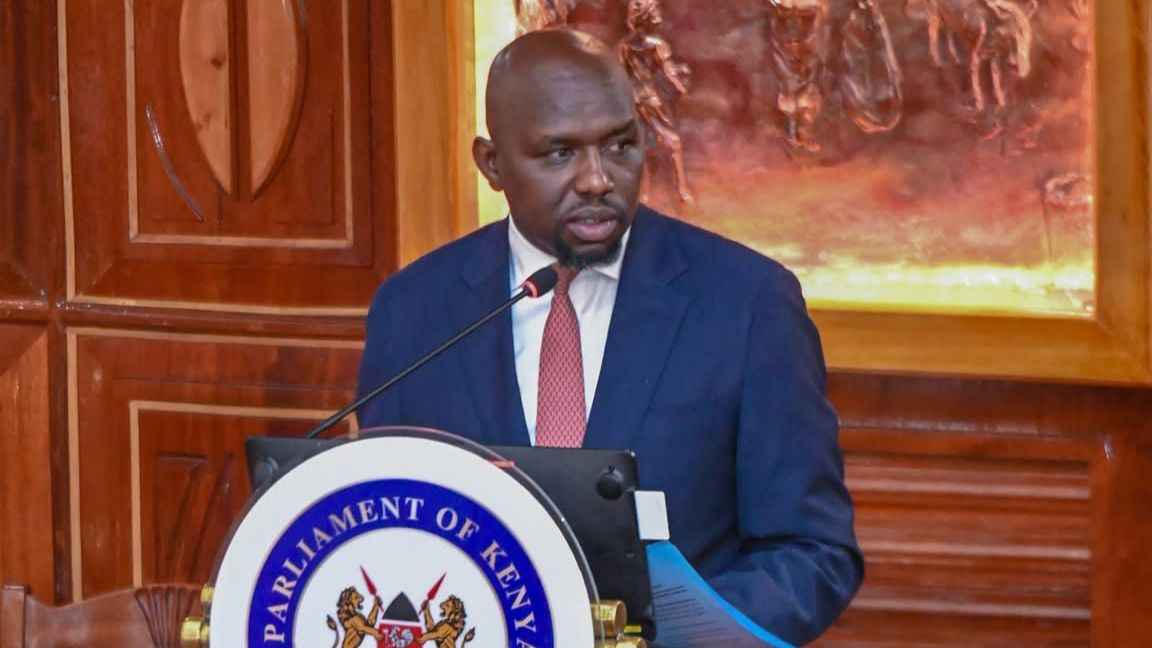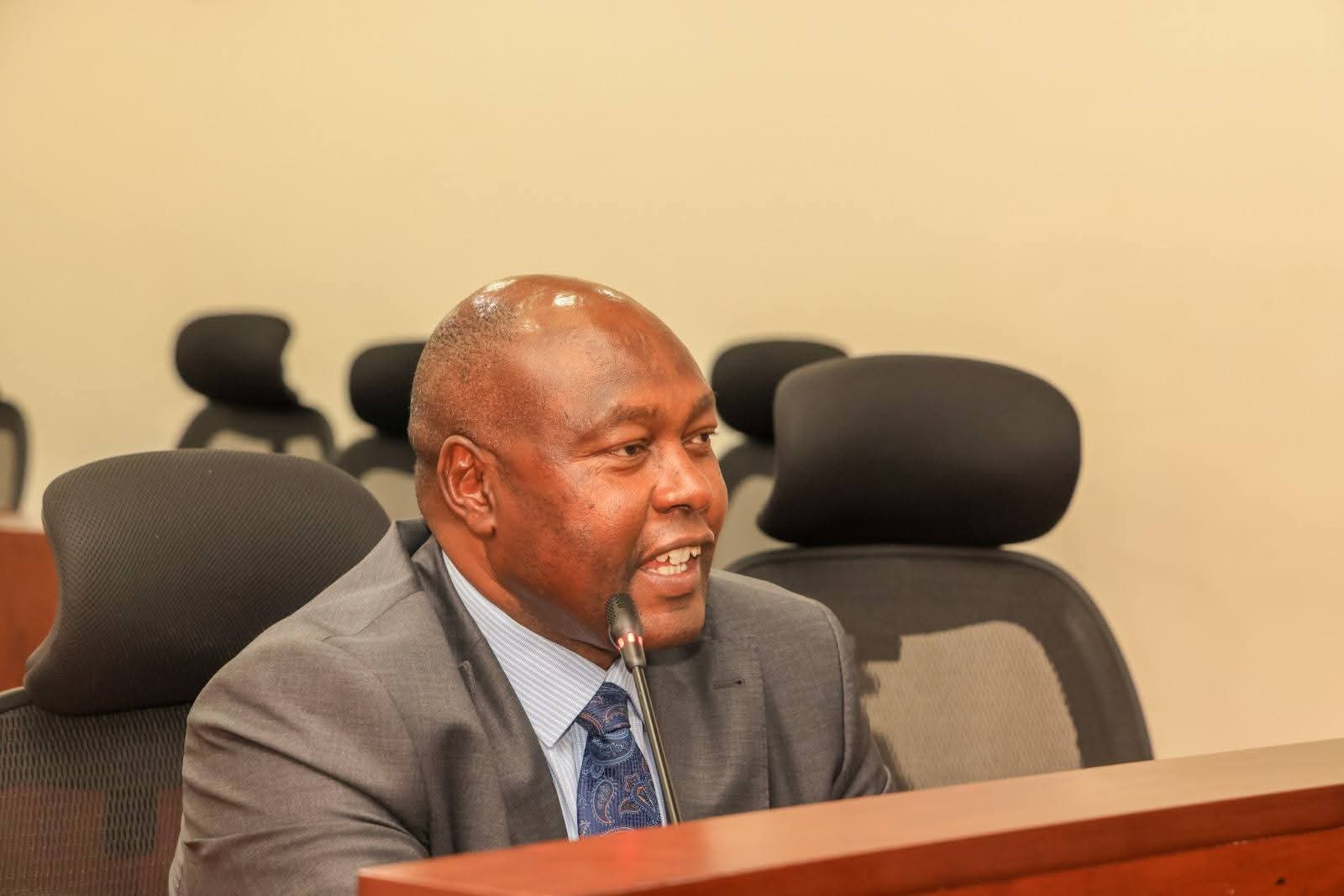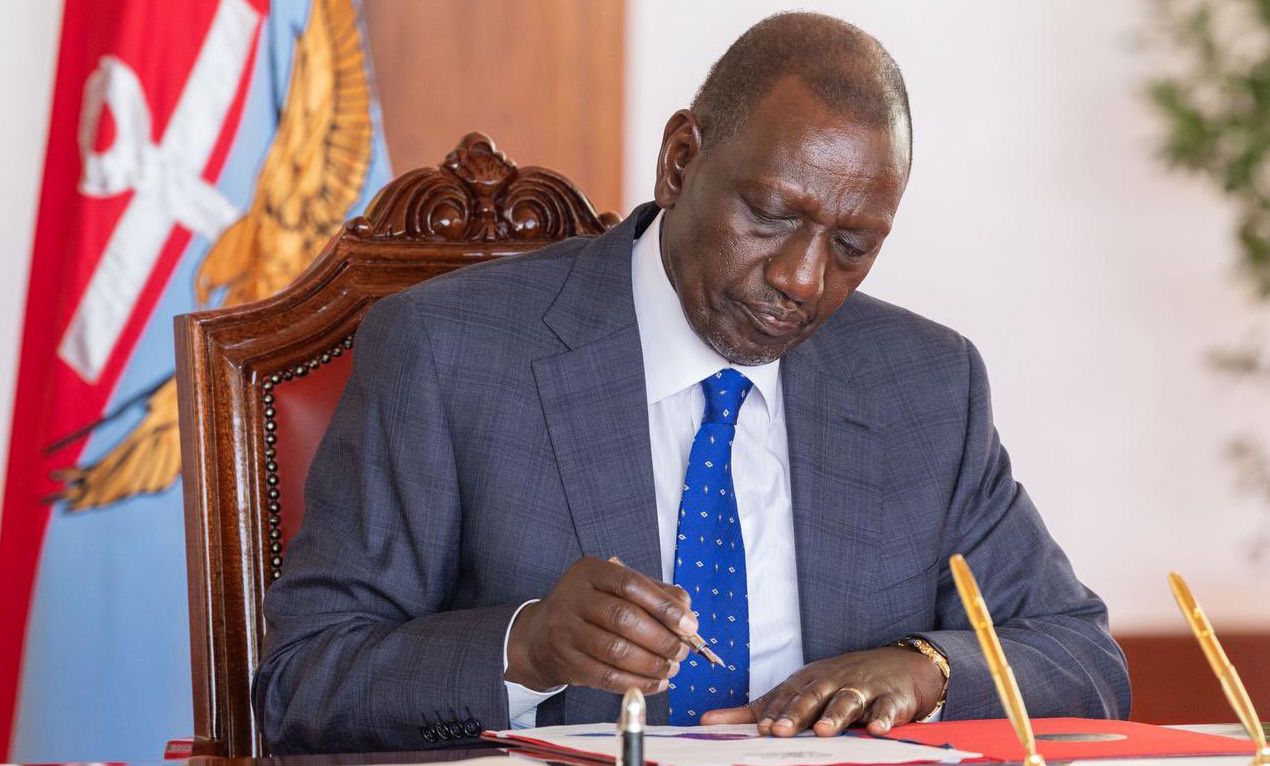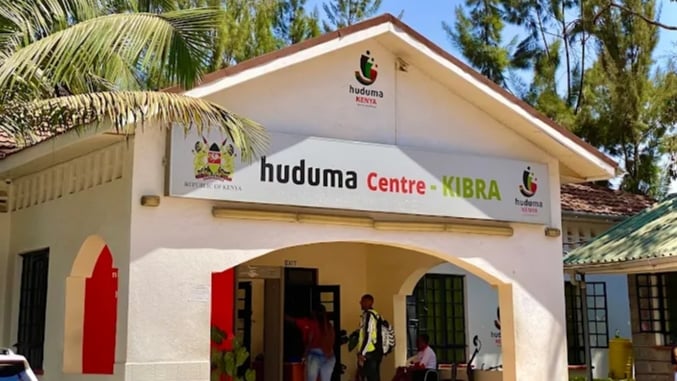The Ministry of Health has announced a new framework aimed at streamlining the process of sending Kenyans abroad for specialized medical care.
In an update on Sunday, August 17, Health Cabinet Secretary Aden Duale revealed that the Social Health Authority (SHA) is implementing a new system designed to enhance coordination among all stakeholders involved in the Overseas Treatment Benefit Package.
"The Social Health Authority (SHA) Overseas Treatment Benefit Package under the Social Health Insurance Act, allows for treatment outside Kenya at a set annual rate of Ksh500,000 for services not available locally.
"SHA is aligning with the law, has started contracting, and is implementing a new system to improve coordination among all stakeholders,” he said.
Under the package, patients who require services that are not available in Kenya will be eligible for treatment abroad, with costs covered up to an annual cap of Ksh500,000.
Read More
To ensure accountability and high standards of care, SHA has set strict requirements for overseas hospitals seeking to participate in the scheme.
Foreign hospitals must be formally contracted by SHA, hold accreditation in their home country with recognition in Kenya, and demonstrate linkages to a local empanelled and contracted facility through a Memorandum of Understanding (MoU).
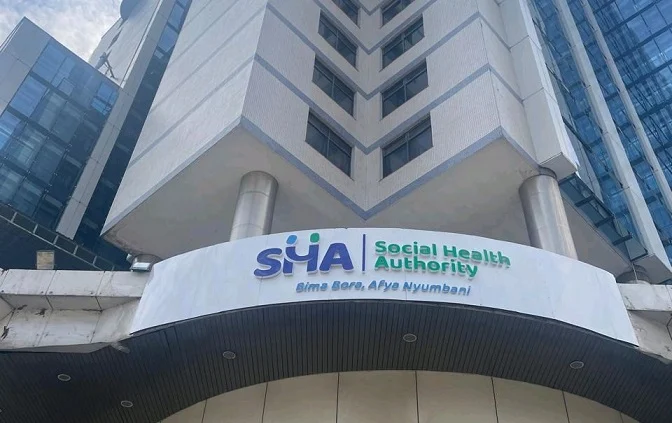
Notably, this comes barely two weeks after Duale was forced to speak out following reports that SHA failed to honour a Ksh500,000 commitment towards the treatment of 10-month-old Chloe Agnes Nyang’au, who had been flown to India for a life-saving heart surgery.
In a statement on Thursday, August 7, Duale clarified that SHA operates under strict legal frameworks which differ from those used by the now-defunct National Hospital Insurance Fund (NHIF).
He went on to explain that SHA is only legally permitted to engage with specific healthcare providers who have formal agreements with the authority.
“Unlike the defunct NHIF, SHA's process for overseas treatment is guided by several legal frameworks, the SHI Act and Regulations, the Public Procurement Act and the Office of the Attorney General circulars on foreign contracts.
“The Social Health Insurance Act (SHI Act) mandates that SHA can only make payments to healthcare providers that are empaneled and have a contract with SHA,” he said.
According to Duale, there are multiple conditions that must be met before a Kenyan patient can benefit from overseas treatment using SHA funds.
“For a beneficiary to access treatment outside Kenya, the treatment must be unavailable in Kenya, and the beneficiary's contributions must comply with the SHI Act. The treatment must also be provided by an SHA-contracted facility,” he added.
Duale further said the foreign health institutions must be properly accredited, and there must be a formal relationship with a Kenyan facility for post-treatment care.
He noted that a list of healthcare services that can be accessed outside the country are yet to be gazetted.
“Overseas facilities must be accredited in their home country and recognized in Kenya. They must also be linked to an empaneled and contracted Kenyan health facility for follow-up care.
“The Benefits Package and Tariffs Advisory Panel (BPTAP) will annually generate a list of healthcare services that can be accessed outside of Kenya. Currently, a specific list of these services has not yet been gazetted,” he explained.

